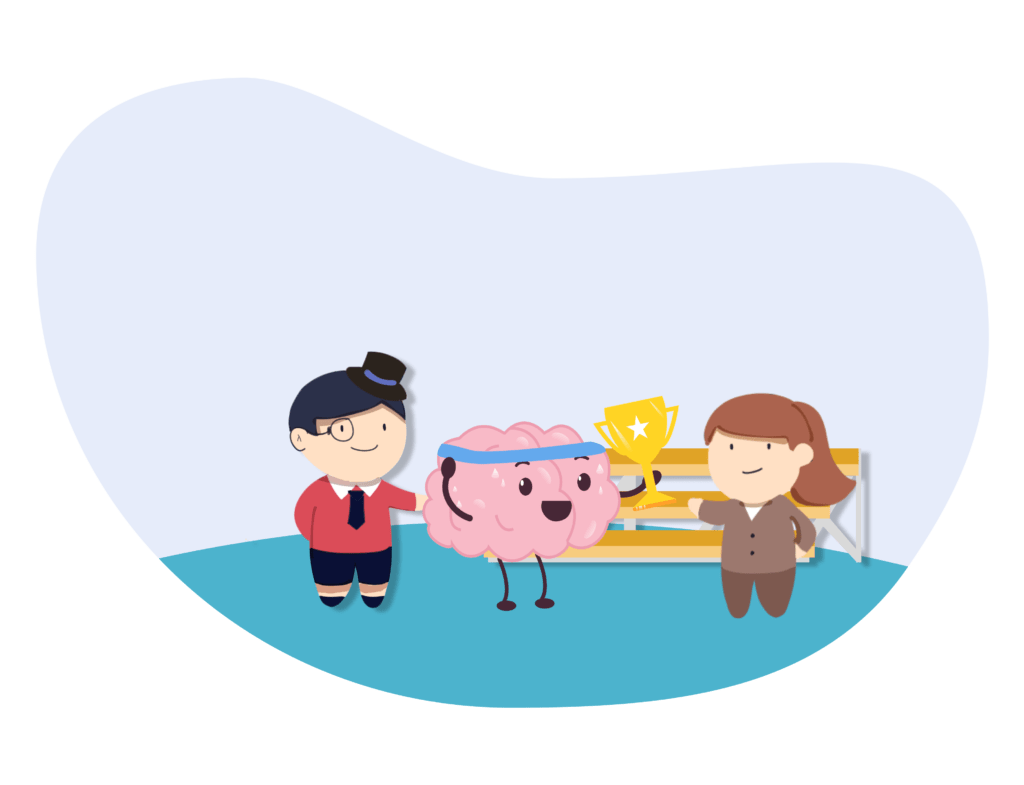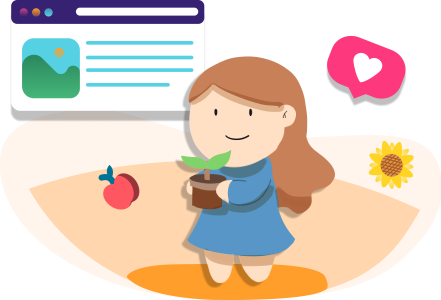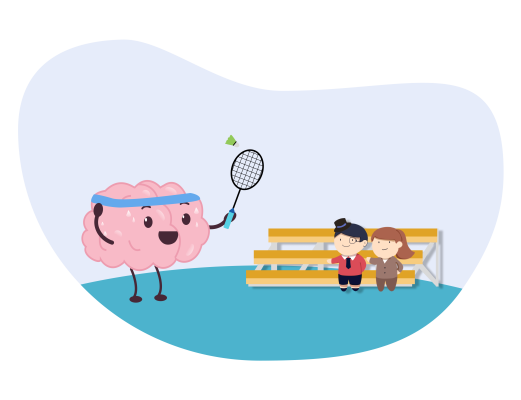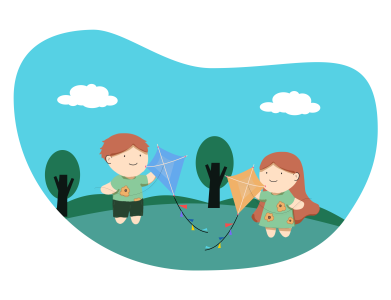It’s possible that many parents lack a complete understanding of the value of brain training for children. Okay, but what exactly is it? Putting it simply, it’s a form of mental exercise that involves expanding one’s knowledge, learning, and perceptual abilities in order to strengthen existing neural pathways. The benefits of mental strength training are evident immediately, with improved focus, memory, and cognitive agility.
What are the benefits of mental exercise for kids? Every child, as a short and simple solution, needs to be mentally healthy. In order for children to flourish, it is essential that their parents attend to their emotional and psychological needs as well as their physical ones. Giving early attention to brain training for children is the only way to ensure that they develop the right mindset and adequate awareness of the world around them.
5 Tips on Brain Training for Children
Parents should not casually disregard the significance of mental training exercises for their kids. In order to help your children’s mental health, please take note of the following five parenting tips.
1. Make it a routine to engage in brain-focused physical exercise.
It would be a mistake to continue thinking that physical activity has no bearing on cognitive maturation.
Reduced risk of obesity, better muscle and joint function, and a stronger immune system are just some of the many well-known benefits of regular physical activity. On the other hand, it helps kids’ minds in significant ways. There is a correlation between physical activity and increased brain metabolism. Moreover, the brain receives a greater quantity of oxygen. Young people benefit from enhanced memory and focus, decreased anxiety, and better sleep as a result of these measures.
What you should do, then, is get your kids into the habit of exercising regularly. This is the first stage of children’s cognitive development programs. Encourage them to go out and play some sports, go for a run, or hop on their bike. Coordination drills can be as simple as moving your toes or as complex as using your non-dominant hand or a backward approach to a common task. These easy techniques can help a child’s brain develop and grow in a healthy way.
2. Encourage personalized and active learning.
This is yet another crucial piece of advice for improving your brain’s functionality. Do not try to force your children to learn; rather, pique their interest in learning.
Taking them on field trips to interesting places like parks, zoos, museums, and libraries can help make learning fun. Theorizing can never replace firsthand experience. Similarly, you can facilitate talks on any subject to get your kids thinking, asking questions, and expressing their own thoughts and perspectives. And if they want to try something new, like learning an instrument, then let them. The goal of brain training is to get your kids excited about learning, so long as they are feeling these things, the process is successful.
In addition, let your kids find their own path to education. Some students find that visually representing their thoughts in a mind map helps them grasp the concepts at hand. Some people learn and retain information best when they can picture it in their minds. They find that providing concrete examples helps their students retain information longer. Your children will benefit from this individualized approach to education because it encourages movement, fosters original thought, and yields positive outcomes.
3. Make Use of Brain-Training Games
Everyone knows that overwhelming children with information can have a negative effect.When that happens, it’s time to do something fun.
Never assume that your children will become spoiled if they play games. Playing with restraint and moderation, on the other hand, will have a beneficial effect on them. In order to develop quick reflexes and focus, children need to use all their senses simultaneously while playing games. Having to use all of one’s mental faculties increases the effectiveness of cognitive training for children.
If you’re a parent, try incorporating some entertaining quizzes into your child’s education. Instead of worrying that your children are spending too much time in front of the television, why not make a game for them? Games like Memory, Spot the Difference, Word Search, and Hidden Object Puzzles are all examples of interactive entertainment.
When looking for eLearning games for children’s brain training, these are some of the best options for parents and educators. ActivePresenter, Kahoot, and Quizizz are just a few of the helpful platforms and apps that make it simple to design and administer tests, quizzes, and games for your students. If your children succeed in your challenge, be sure to give them a reward for their efforts. This will serve as an excellent incentive for them.
4. Break down the information into parts, rhymes, and illustrations.
Let’s try something more “swallowable” than just cramming information into your kids’ heads.
You can organize the data into more manageable chunks by dividing it into sections and categorizing it into topics, making it much simpler to take in. The logical thinking and cognitive abilities of children benefit from this as well.
As an additional creative strategy, you can use rhymes or visuals to make the boring information more interesting. The human brain is more receptive to information presented via auditory and visual cues. That’s why a lot of people find it useful to connect abstract mathematical concepts to concrete images from the real world, and why others prefer to learn a new language through popular music or movies. The kids who use this strategy for brain development must rely heavily on their powers of observation and mental association.
5. Act as a friend, companion, and guide.
Last but not least, do what you can to be a helpful friend, companion, and leader. Parents play a big part in helping their kids train their brains to be more mature. Parents are there for their children from the time they are infants until they are mature adults. Parental care plays a crucial role in a child’s development. You are, therefore, a part of mental strength training.
You should try to maintain open lines of communication, show compassion, and offer as much help as you can. However, that does not mean you will go easy on the youngsters. Be firm with them when they’re wrong, patient when they make mistakes, and proud of their achievements. That’s the way we raise our kids.
Even so, you can remain a friend. Let’s tell them how you feel and what you’ve been through, and also take the time to hear what they have to say. In addition to developing their IQ, your kids will benefit from this strategy by developing their EQ. You can be someone who sticks by them through thick and thin, who is always there for them no matter what. You can help your children find their identity while also showing them the strings of life. In other words, you are the single most important factor in determining the success of brain exercises for your children.
The Bottom Line
The effect of cognitive training on your children’s development is undeniable. It’s a long-term endeavor that will require parental planning and encouragement. If you haven’t been paying attention to the importance of brain training for children, you should start doing so now. Take these five ideas as a jumping-off point for developing your own approach to parenting and raising children.







